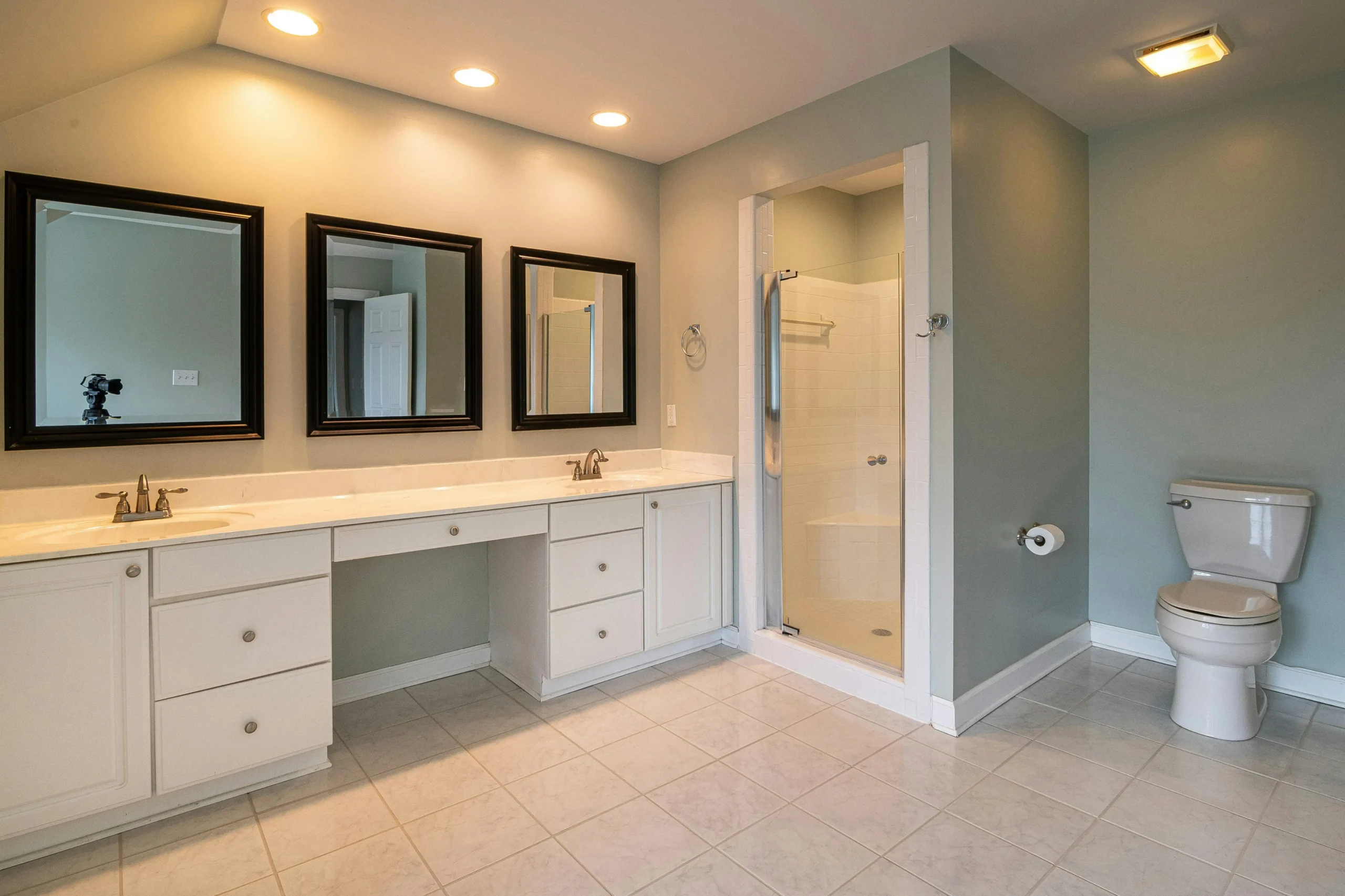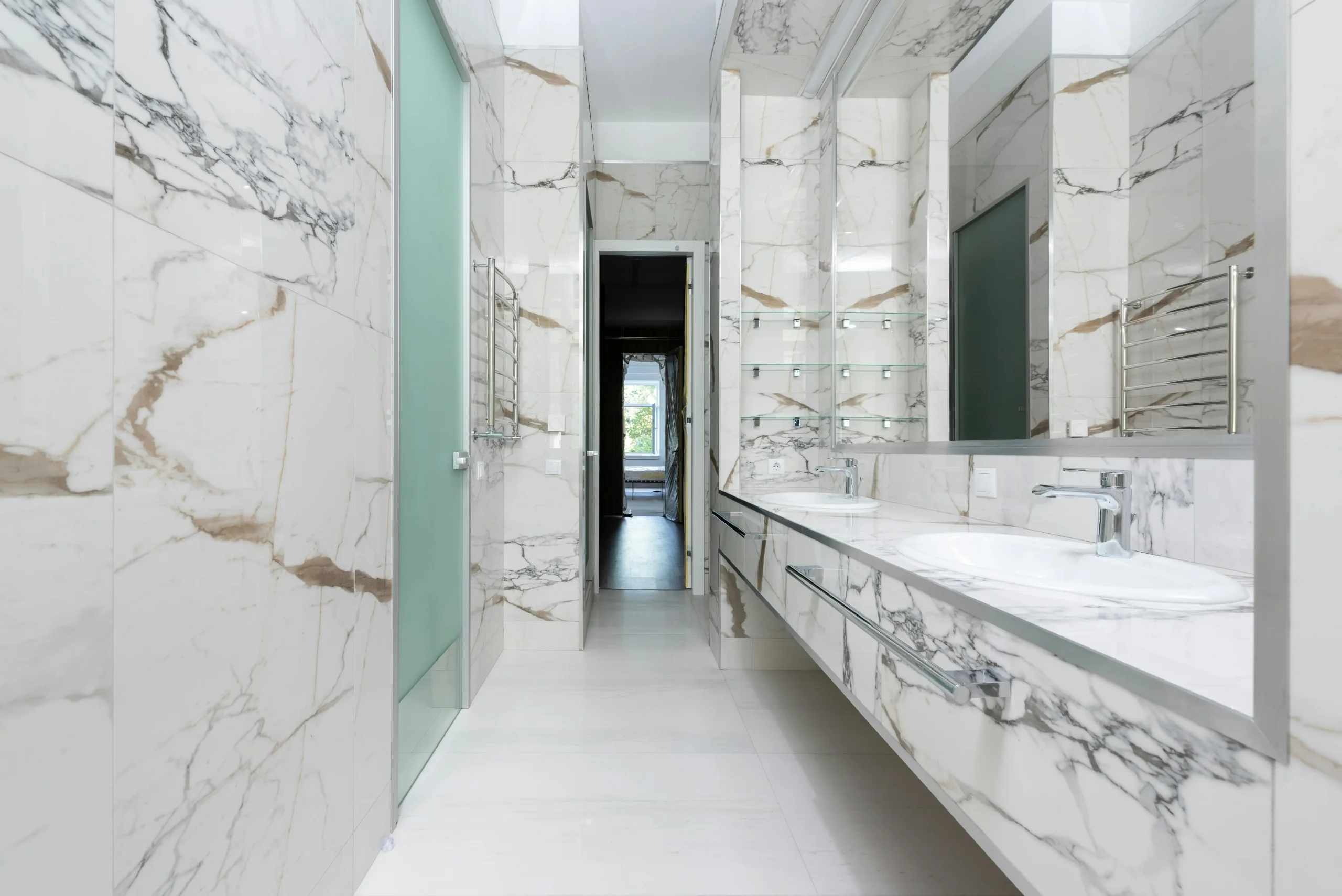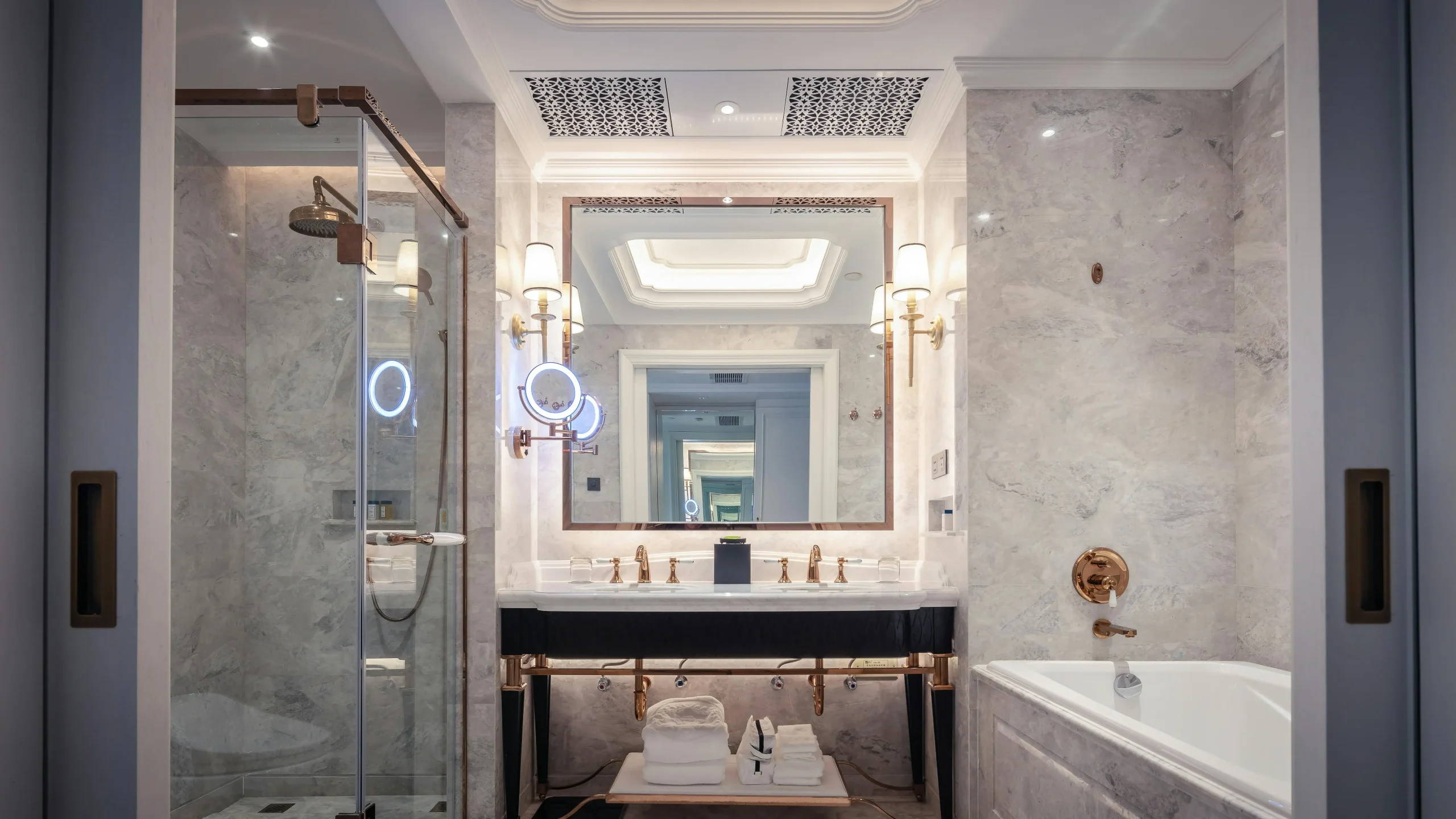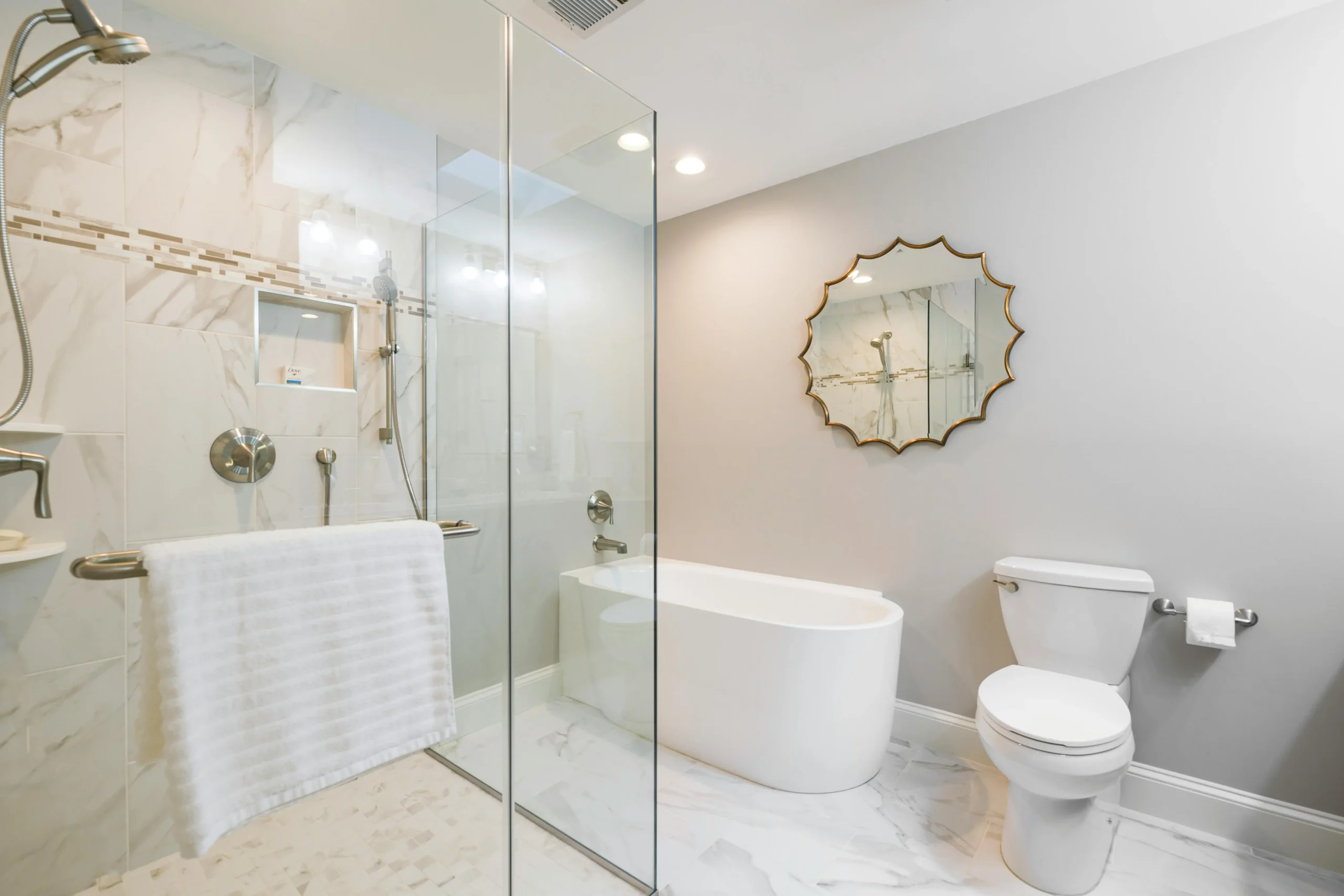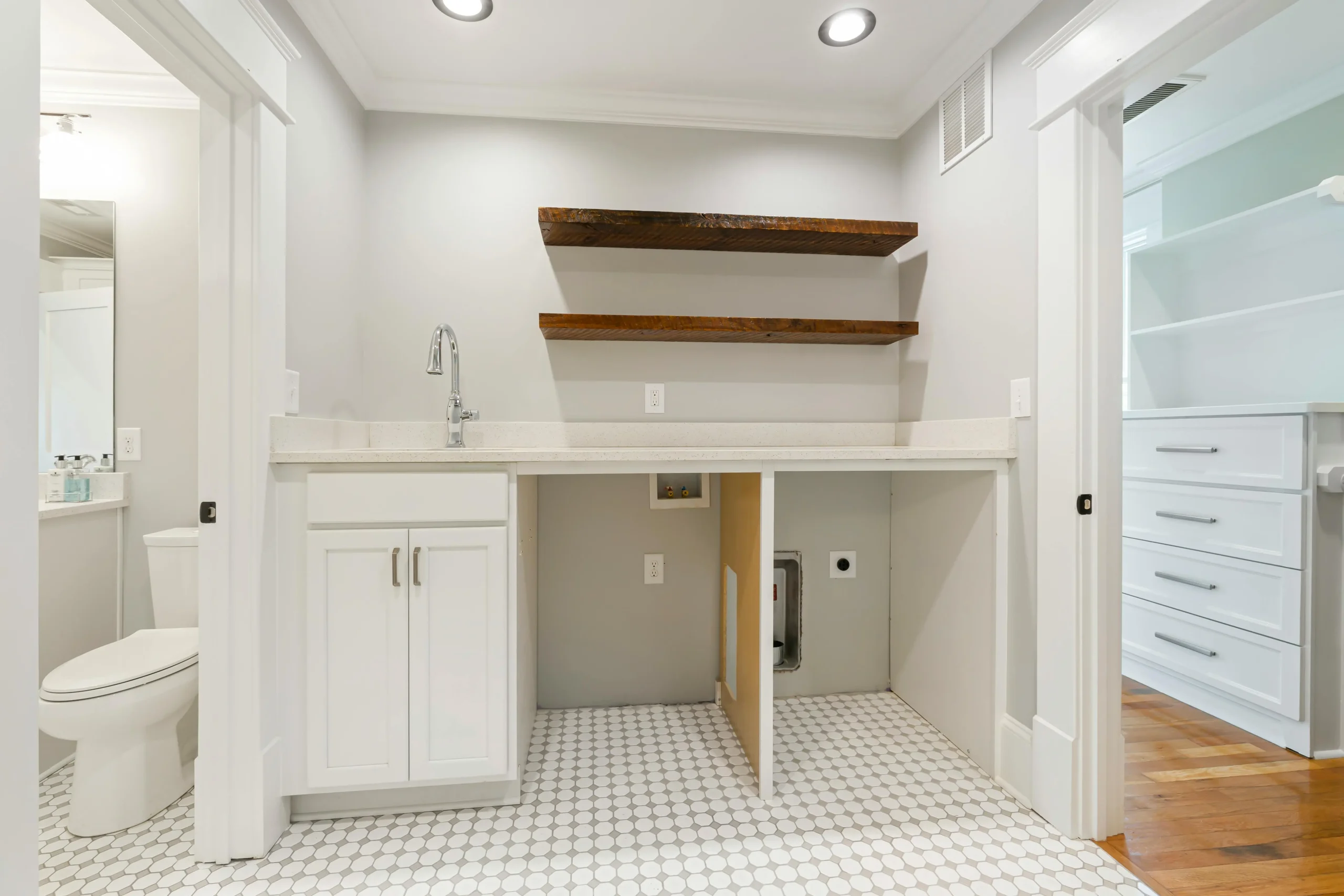What Is the Average Kitchen Remodel Cost in PA?
The average kitchen remodel cost in Pennsylvania ranges between $20,000 and $50,000, depending on factors such as kitchen size, materials chosen, and project complexity. Costs per square foot typically range from $120 to $200. High-end materials like custom cabinets or granite countertops increase costs, while standard materials help maintain affordability. Labor and regional market conditions, especially in counties like Allegheny or Montgomery, also influence overall expenses. Careful planning and consulting with professionals ensure a successful and budget-conscious remodel.
Understanding Kitchen Remodeling Cost Factors
Understanding kitchen remodeling cost factors is essential for planning a successful renovation. Key factors include:
- Kitchen Size and Layout: Larger kitchens require more materials and labor, increasing costs. Altering the layout adds expenses due to plumbing or electrical modifications.
- Material Selection: High-end materials like granite countertops or custom cabinets significantly raise costs, while budget-friendly options such as laminate or prefabricated cabinets help manage expenses.
- Labor Costs: Skilled professionals, especially for structural or code-compliant work, form a substantial portion of remodeling expenses.
- Structural Changes: Adjustments like removing walls or updating plumbing and electrical systems can escalate costs.
- Regional Factors: Costs vary by location due to market rates for materials and labor.
Budgeting for potential unforeseen repairs ensures the project stays on track financially. Working with experienced contractors can help homeowners navigate these factors effectively.
A Breakdown of Kitchen Remodel Costs & Design Factors
A breakdown of kitchen remodel costs and design factors highlights how expenses are allocated and how each element influences the design. Cabinets, typically the largest cost component, provide storage and define style, while countertops balance function and aesthetics. Appliances, flooring, and lighting enhance usability and appeal. Labor costs depend on the complexity of tasks like installation, plumbing, and electrical work. Additional elements like backsplashes, paint, and hardware tie the design together. Understanding these factors helps homeowners budget effectively and achieve their desired kitchen transformation.
How Materials and Kitchen Countertops Affect Your Budget
The choice of materials and kitchen countertops plays a significant role in determining the overall cost of a kitchen remodel. High-end materials like granite, quartz, or custom cabinetry can substantially raise your expenses, while more budget-friendly options like laminate or vinyl offer significant savings. Countertops, being a central feature in the kitchen, also greatly impact the budget. Premium options such as granite or marble require more expensive installation and materials, while alternatives like laminate provide a stylish look at a lower cost. Durability and maintenance are also important factors—premium materials often offer better long-term value due to their resilience and lower upkeep costs. However, more complex and luxurious materials often come with higher labor costs for installation. Balancing the aesthetic appeal with the project’s budget is crucial to achieving a successful remodel without overspending.
The Impact of Kitchen Cabinets and Size on Remodel Costs
The impact of kitchen cabinets and size on remodel costs is significant. Cabinets often account for a large portion of the overall budget, with costs varying based on material, design, and customization level. High-end or custom cabinets increase expenses, while stock or semi-custom options provide more affordable alternatives. Kitchen size also plays a crucial role; larger kitchens require more cabinets, materials, and labor, raising costs. Additionally, the size influences layout changes, affecting the scope of work for plumbing, electrical systems, and installation. Balancing cabinet quality and kitchen size is essential for a cost-effective remodel.
Exploring Kitchen Remodeling Services in PA
Exploring Kitchen Remodeling Services in PA
Frequently Asked Questions
What is the average cost of a kitchen remodel in Pennsylvania?
The average cost of a kitchen remodel in Pennsylvania typically ranges between $20,000 and $50,000. However, this range can vary significantly depending on factors such as county location, materials chosen, and the specifics of the renovation project.
How does material selection influence kitchen remodel costs in Pennsylvania?
Material selection has a significant impact on kitchen remodel costs. Premium materials, such as high-end countertops and custom cabinetry, can greatly increase the cost of the remodel. Alternatively, opting for standard materials can help maintain a more budget-friendly renovation while still achieving good results.
What factors should be considered to estimate kitchen remodel costs per square foot?
Kitchen remodel costs per square foot in Pennsylvania generally range from $120 to $200. Key factors influencing this cost include kitchen size and design, material choices, and the extent of any structural updates, such as plumbing and electrical work.
How important is it to involve a professional contractor in a Pennsylvania kitchen remodel?
Hiring a professional contractor is crucial for a successful kitchen remodel in Pennsylvania. A skilled contractor can provide valuable insights into cost-effective solutions, ensure adherence to building codes, and help manage unforeseen issues, ensuring a smoother and more budget-conscious renovation.
How can local market conditions affect kitchen remodeling costs in Pennsylvania?
Local market conditions, such as those in counties like Allegheny or Montgomery, can affect kitchen remodeling costs. Variations in labor costs, material availability, and economic trends across different regions of Pennsylvania can influence the final price of a renovation.
What should homeowners consider for budget planning during a kitchen remodel?
Homeowners should plan their kitchen remodel budget carefully by considering expected costs for materials, labor, and any unforeseen expenses. It’s also important to allocate funds for permits, potential structural changes, and unexpected issues that may arise during the renovation process.

